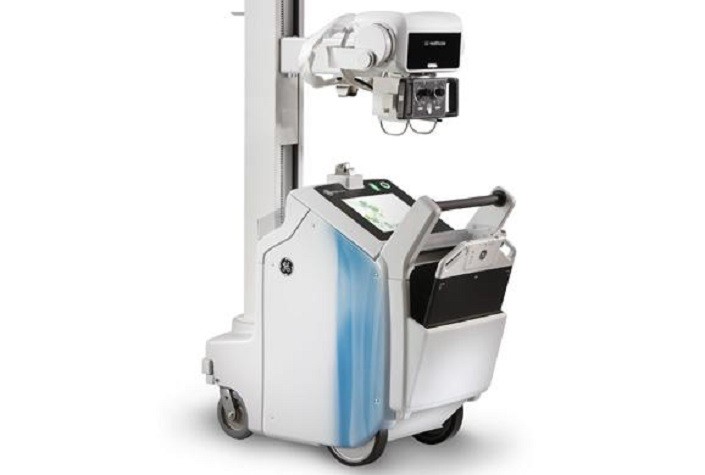Human genetics includes study of the inheritance in humans. Human genetics is broad sector which include various sub-sectors such as cytogenetics, molecular genetics, biochemistry, linical genetics, and genetic counseling and others. These sectors helps in understanding the concepts of gene structure and organization, expression of gene, detection of mutation and its analysis, linkage analysis and genetic mapping, and physical mapping among others. The study of human genetics allows to understand genetically of complexes in a diseases and epistatic interactions such as ethical, legal and social issues.
Get Sample PDF Of Human Genetics
• The genetic information of an individual is contained in 23 pairs of chromosomes.
Every human cell contains the 23 pair of chromosomes.
• One pair is called sex chromosomes
Male: XY
Female: XX
• Other 22 pairs of homologous chromosomes are called autosomes.
• The autosome chromosome pairs are called homologous pair. Two chromosomes in the same pair are called homologous chromosomes.
Human Genome
• The totality of DNA characteristic of all the 23 pairs of chromosomes.
⎯ The human genome has about 3x109 bps in length.
⎯ 97% of the human genome is non-coding regions called introns. 3% is responsible for controlling the human genetic behavior. The coding region is called extron.
⎯ There are totally about 40,000 genes, over 5000 have been identified. There are much more left
⎯ Human Genome Project is to identified the DNA sequence (every bp) of human genome ( only a few individuals)
⎯ For human being, most of the place in human genome are the same. Only a very small part is different among different individuals.
Practical Application of Human Genetics Recognizing that the goal of most introductory science courses is to better inform future voters and consumers, the author provides practical application of the content to students’ lives. Topics of particular interest to students include:
■ The role that genes play in disease susceptibility, physical characteristics, body weight, and behaviors, with an eye toward the dangers of genetic determinism
■ Biotechnologies, including genetic testing, gene therapy, stem cell therapy, gene expression profiling, genomewide association studies, and personalized medicine
■ Ethical concerns that arise from the interface of genetic information and privacy, such as inf such as infidelity testing, ancestry testing, and direct-to-consumer genetic testing





No comments:
Post a Comment